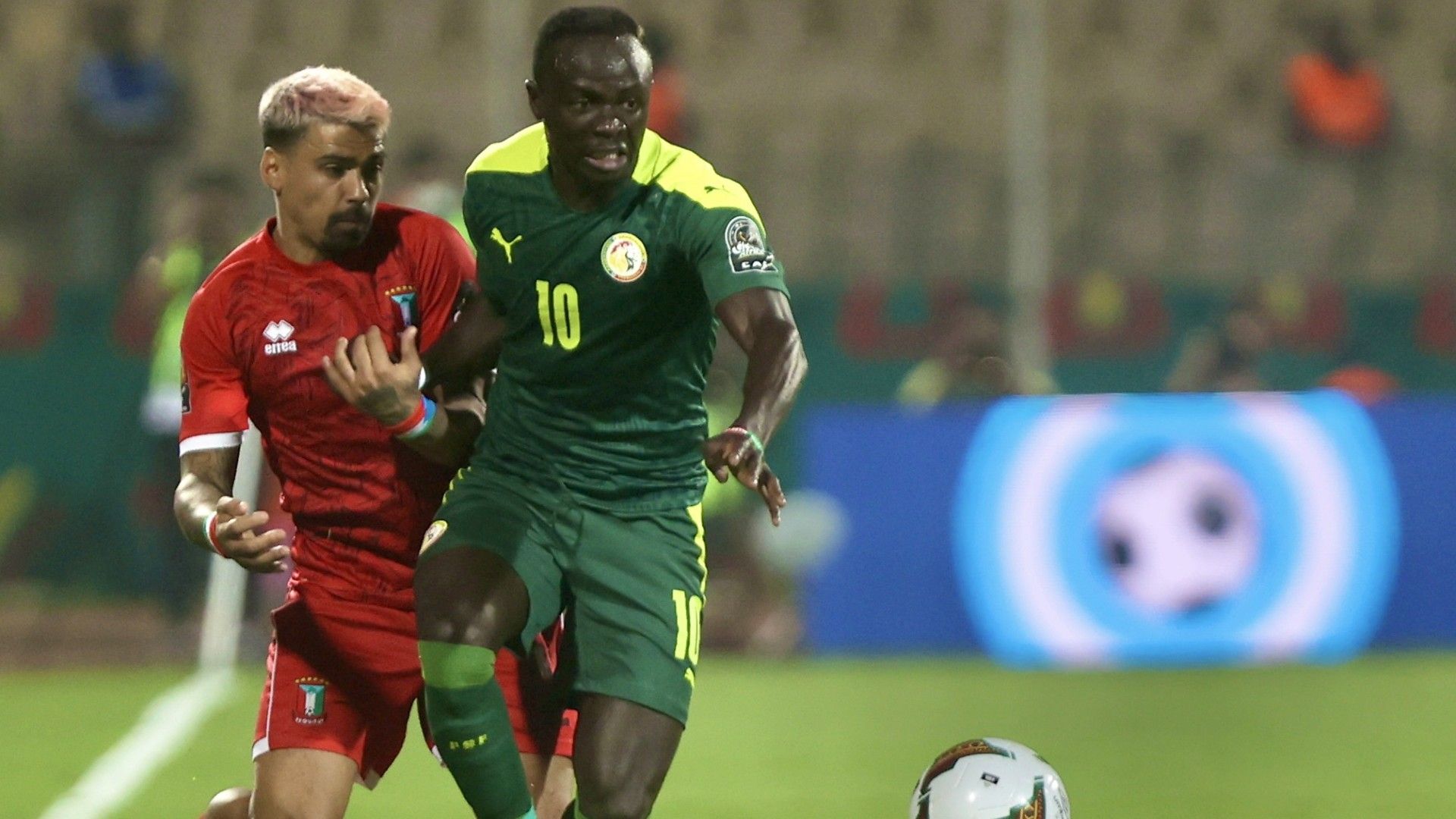It’s been no secret during the course of the Africa Cup of Nations that this current Senegal team were walking in the footsteps of giants and living in the shadow of ghosts.
2022 marks the 20-year anniversary of the Teranga Lions’ previous finest achievements in football, and the iconic team of 2002.
20 years ago, Senegal broke new ground in the Nations Cup when they reached their first final, and pushed an iconic Cameroon team close before falling on penalties.
Later in the year, they would make history as Africa’s second team—and the first for 12 years—to reach the quarter-final of the World Cup.
Like Cameroon in 1990 and Ghana in 2010, that campaign was full of iconic moments, and an argument could be made that the opening tournament victory over France—the reigning European and world champions—was the continent’s greatest ever achievement at the World Cup.
Next Match
 Getty
GettyIt certainly rivals Cameroon vs Argentina in 1990, and I would argue surpasses that due to the perceived imperiousness of that France team when they entered the 2002 tournament.
While Cameroon in 1990 were multi-time African champions and had already tasted World Cup competition, that was Senegal’s first ever appearance on the global stage…and they defeated the ’98 winners no less.
There were some sublime moments during that campaign, from El-Hadji Diouf terrorising France’s ageing backline, to Papa Bouba Diop’s goal and subsequent dance.
There was the enthralling 3-3 draw with Uruguay, and the Salif Diao wondergoal against Denmark, while Henri Camara’s golden-goal winner against Sweden in the Last 16 finally ended Africa’s wait for another World Cup quarter-final appearance.
That team enjoyed days of glory, but they also tasted failure as well, ultimately falling to Turkey’s Golden Goal winner in the quarter, and missing out on the African title earlier in the year.
 Getty
GettyThat last failure might not have hit so hard had Senegal made amends sooner and clinched their maiden African crown earlier, but in fact, they fell far from those heady heights in the next two decades.
When Aliou Cisse took over in 2015, they’d fallen in the group stages of three of the five previous Afcon tournaments, while failing to qualify entirely in 2010 and 2012.
After finishing fourth at the tournament in 2006, they would only win one Afcon match in the next 11 years before Cisse led them to the quarter-finals in 2015.
Some could argue that he’s enjoyed the services of a talented generation, but Senegal had been blessed with the likes of Papiss Cisse, Demba Ba, Mohamed Diame, Mamadou Niang and Moussa Sow in the intervening years without being able to drag themselves out of the doldrums.
After the 2017 tournament, Cisse took Senegal back to the World Cup in 2018, although, despite being pooled into a favourable group along with Japan, Colombia and Poland, they fell at the first hurdle after taking four points from their three matches.
 Getty Images
Getty ImagesStill, it was progress, and a terrific learning experience for a young team who held their own against tough opponents from three different continents.
What followed was a run to the Nations Cup final in 2019, seeing off Tanzania, Kenya, Uganda, Benin and Tunisia, while losing both matches against Algeria—including, critically, to Baghdad Bounedjah’s early goal in the final.
For Cisse, it completed a cruel double, losing the final as both a player and a head coach, although the loss did fuel his single-minded determination to end Senegal’s wait for the crown this time around.
His achievements before the victory on Sunday have been impressive, driving the Lions on their way to success.
Cisse has taken Senegal into the world’s top 20 in the Fifa World Rankings—having been 64th when he took over—while under him, they’ve become the first team to reach back-to-back finals since Egypt in 2010.
_of_Senegal_in_action_against_Ivan_Salvador_of_Equatorial_Guinea.jpg?format=pjpg&quality=60&auto=webp&width=380) BackpagePix.
BackpagePix.Mane’s penalty against the Pharaohs at the Stade d’Olembe—to secure the crown—was surely the greatest moment in the country’s footballing history, although overall, this Nations Cup campaign doesn’t have the iconic status for the Lions as their achievements in 2002.
It’s more balanced, it has more star power, it has Mane, but it doesn’t quite have the character of Senegal in ’02, nor the unpredictable creative talents that made for such compelling viewing 20 years ago.
Similarly, while 15 separate nations have won Nations Cup crowns across 33 separate editions of the tournament, only three have reached the last eight of the World Cup, and only two—Cameroon and Senegal—defeated the reigning champions en route to the quarters.
If the Teranga Lions can build on this success by qualifying for a second consecutive World Cup and, who knows, perhaps even emulate (or surpass?) the team of 2002, then they surely would—indisputably—become the country’s greatest ever side.


